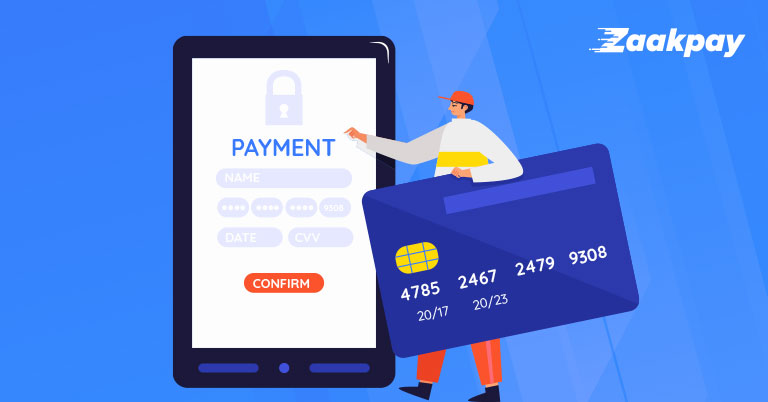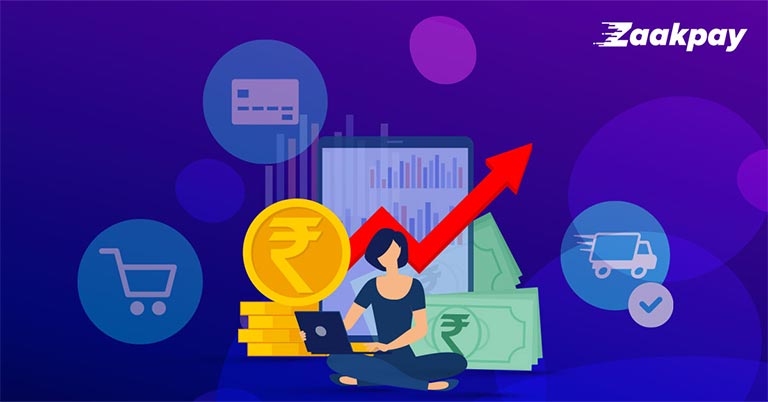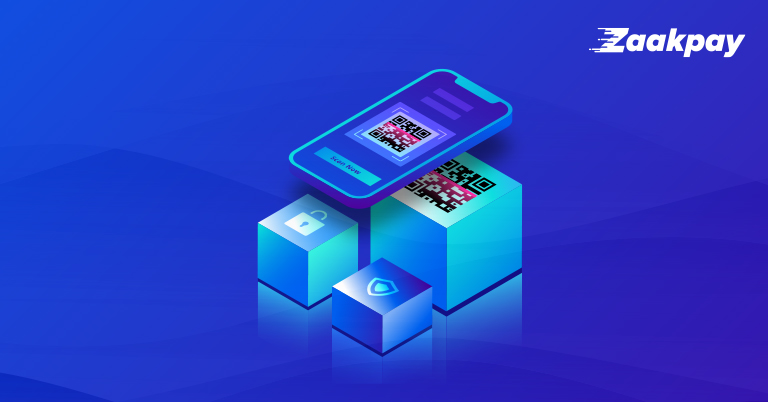The Reserve Bank of India has announced new guidelines for auto debiting payments effective from October 1, 2021. Businesses ought to comply with the new standards to protect auto charging the membership amount on credit and debit cards.
As per the most recent rules, it is necessary for the approval by Additional Figures Authentication (AFA) or a One Time Password (OTP) to continue the transaction. All businesses following a digital payment system will have to communicate to the customers about the auto debiting 24 hours prior to the due date of transaction of up to Rs. 5000. Non-compliant exchanges on one’s credit card or debit card will be declined by banks from October 1, 2021. Be that as it may, those executing on managing account stages stay unaffected. Additionally, businesses ought to give customers an opt-out option, along with the auto-debit notice. If the customer does not approve of the payment, the transaction will not take place.
Two circulars in this respect were issued to banks – one in August 2019 and another in December 2020 and they were given a due date of March 31 to follow the modern rules. In any case, the RBI chose afterwards to amplify the due date to September 30 as the banks weren’t ill-prepared for its execution.
It may cause some disturbance for a short period of time, but the new standards will eventually guarantee a helpful and easy way to transact. It will also add and enhance the security of any payment gateway. Customers have more control over the exchanges and permit them to manage their membership effortlessly from the bank itself.
For this, customers need to register for eMandate at the merchant’s website for the initial transaction with a legitimacy period and maximum amount.
How Will The New Rules Affect Your Trade?
- All subscription-based businesses, from all the greatest OTT platforms to upcoming subscription-based companies, are under the same umbrella of auto-debiting policy. Having said that, institutions carrying out transactions such as mutual funds and SIPs, loan based EMI, and Net Banking will remain unaffected.
- Industry specialists say that this move is to protect one’s information and maintain a strategic distance from digital frauds, particularly in the case of naive customers who frequently drop prey to information breaches. A few specialists also said that the RBI’s later rules might be a bit of a burden and inconvenience in the initial days, but it gives more control to the customers as far as transactions of the services are concerned. All they have to do is some alterations.
- The auto debiting rules are likely to affect customers who make payments through cards for OTT subscriptions and other online transactions. Google, Facebook, YouTube and other web merchants following a digital payment system have advised customers the norms may lead to disturbance in eMandate based recurring transactions.
- In any case, the new rules of auto-debits are mandated only on those merchants who are compliant with RBI rules. The list of such billers and merchants will be available on your bank’s website.
- Banks and merchants are hurrying to adhere and act in accordance with the new auto-debit regulations initiated by the Reserve Bank of India. Banks like HDFC and Axis have already started notifying their customers through push notifications and SMS about the alterations in the rules. Experts also suggest that not all banking institutions may succeed in meeting the central bank’s deadline, but some banking institutions are moving towards a smooth transaction.
Where do Payment Gateways Stand?
A payment gateway like Zaakpay has a high-security standard and convenience for the customers and service providers. A little disturbance would be there with the new guidelines in the picture. However, customers would be able to make easy and secure payments in the near future. It would enable the transaction to go smoothly between the customers and the merchants. The customer also won’t have to enter the card details over and over again for the transactions.
For a transaction to take place on a payment gateway, such as Zaakpay :
- The portals should be compliant with the RBI.
- They need to send a notification or SMS to the customers five days and one day prior to the due date to notify them of the upcoming due date.
- They also need to send them the option to ‘opt-out’ and ‘part pay’, along with the ‘pay’ option.
- On the date of payment, an OTP will be sent to the customers so that they can make the payment securely.
Important Facts
- If your bank directly gives out the information for payment of utility, mobile, and any other bills, it is recommended to continue with the same. However, if you are using any digital payment system like Zaakpay, you might need to re-enroll after the due date.
- If you have already subscribed to services like Amazon Prime, Netflix, Spotify, or any other utility bills, the new rule is not applicable, but it won’t affect your current and ongoing subscription as well.
- It has been indicated that the new rules would apply only for transactions exceeding Rs 5,000. So, if you have any memberships or bills exceeding Rs 5,000, such an amount will not be auto-debited. It’ll require your approval before making any payment. In any case, for those transactions below Rs 5,000, the repeating installments will proceed as of some time recently.
Final Thoughts
Major private banks are ready to comply with the RBI’s guidelines. It was not effective immediately because the banks needed some time to notify their customers, as the customer also needed time to process and understand. During the initial days, the customers might face issues in transactions. However, with time, this would be a new normal. It is also clear that EMIs and SIPs will not face any turbulence.
Follow Us on:

